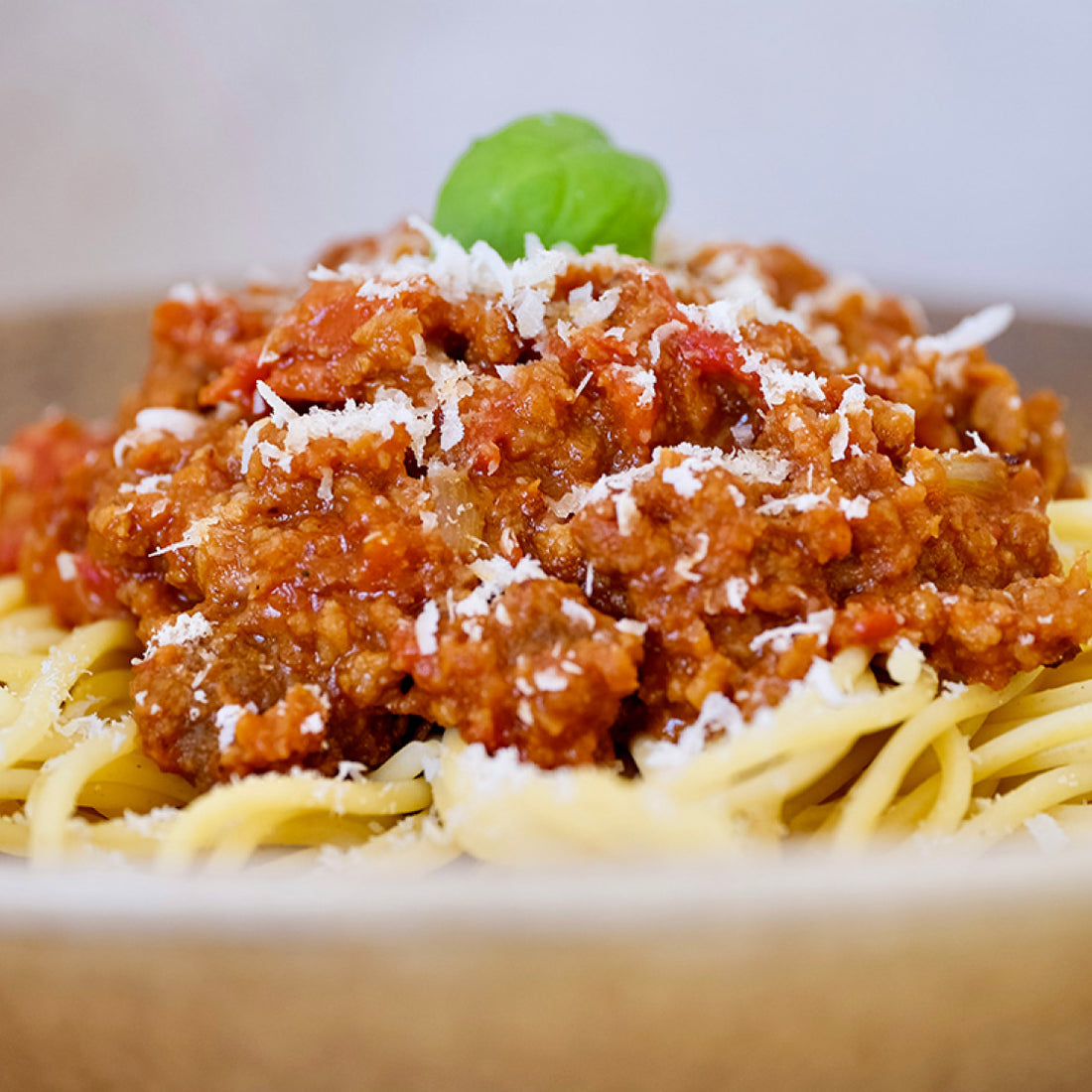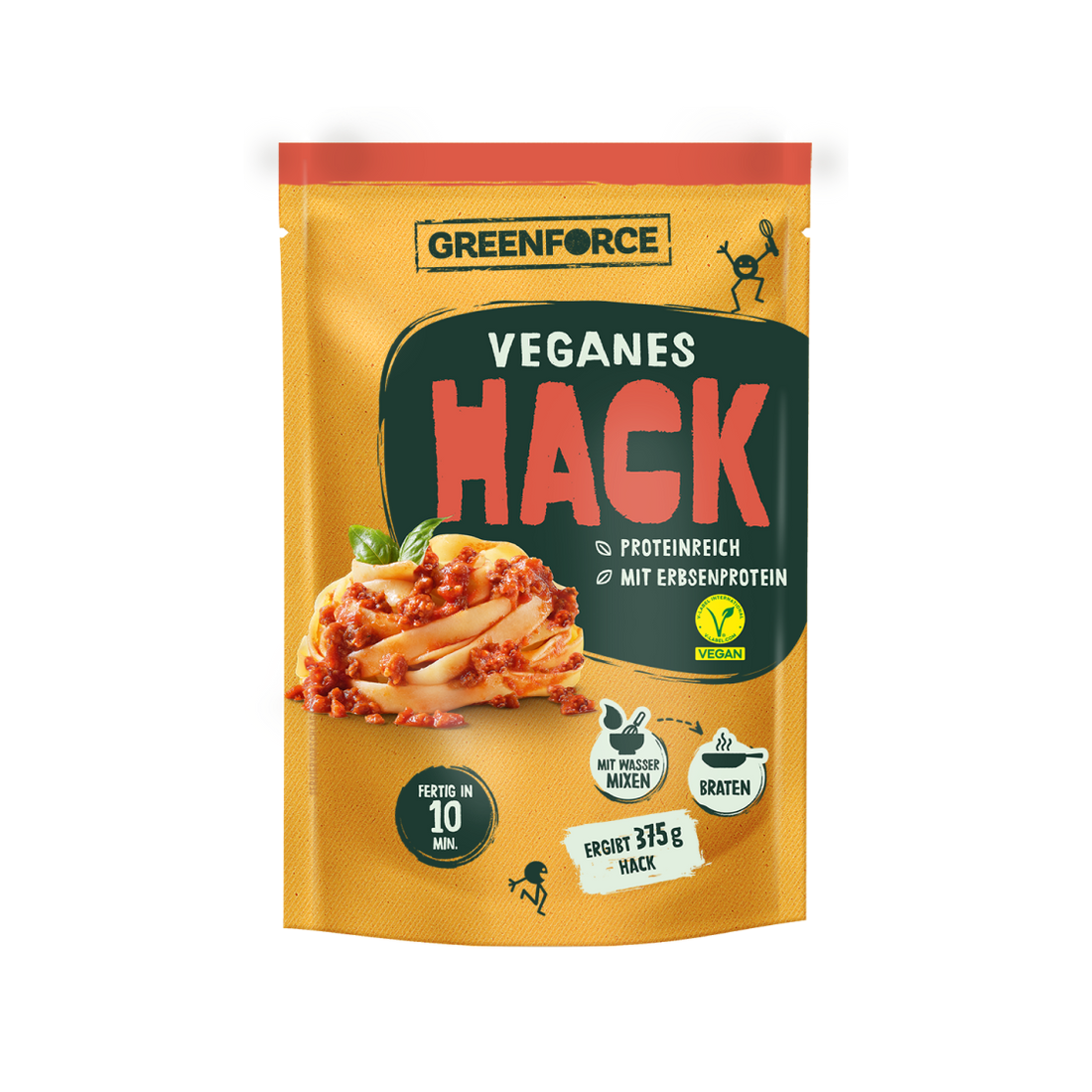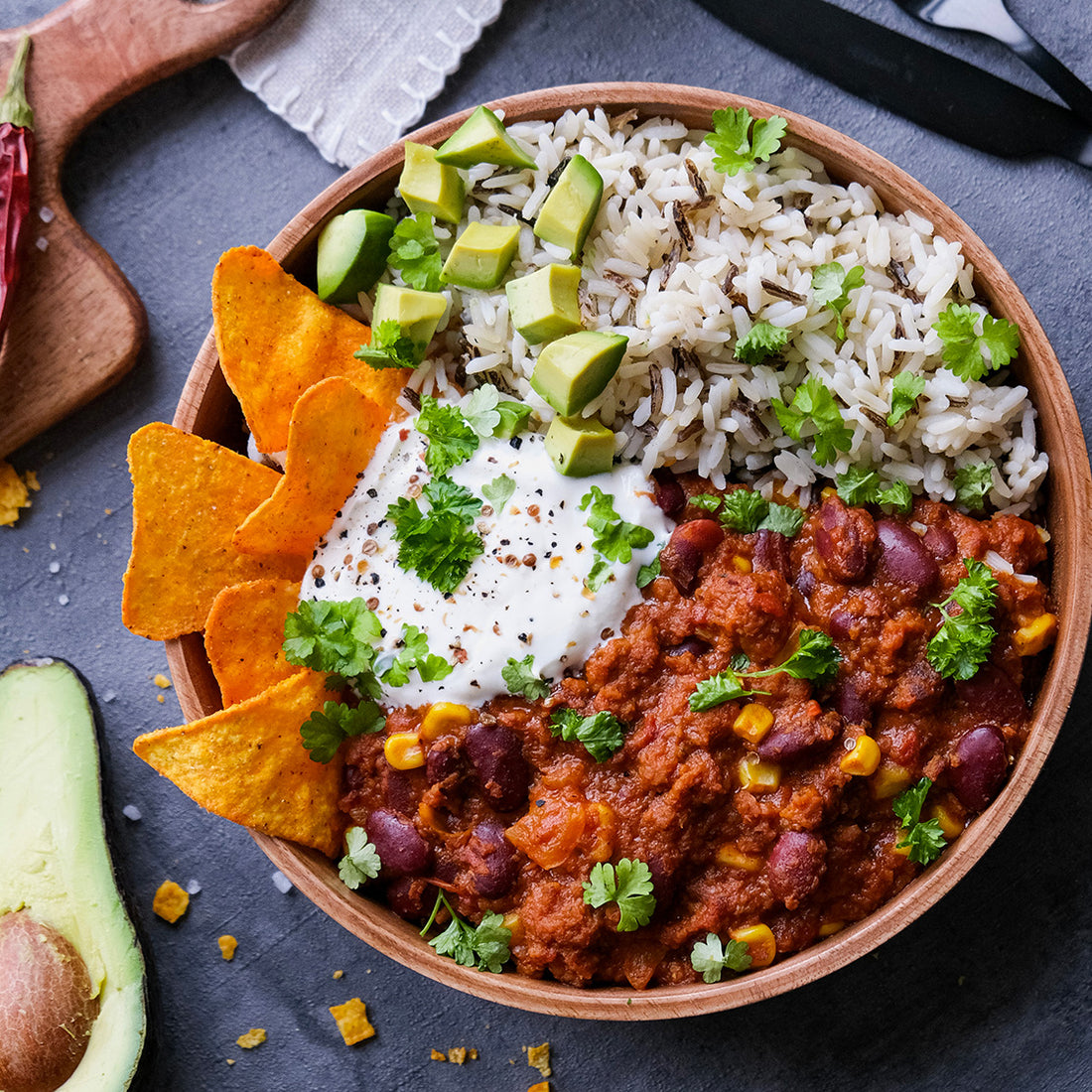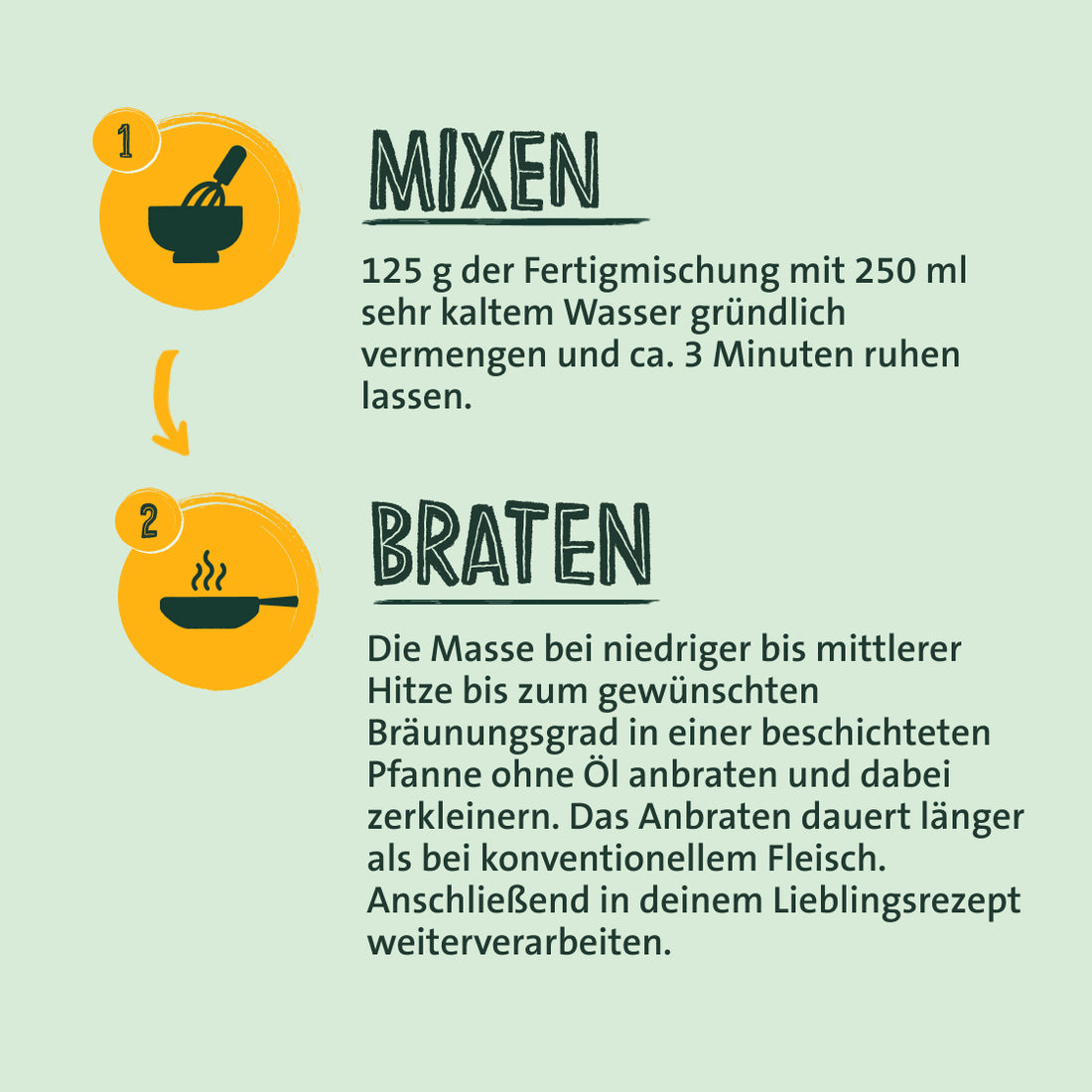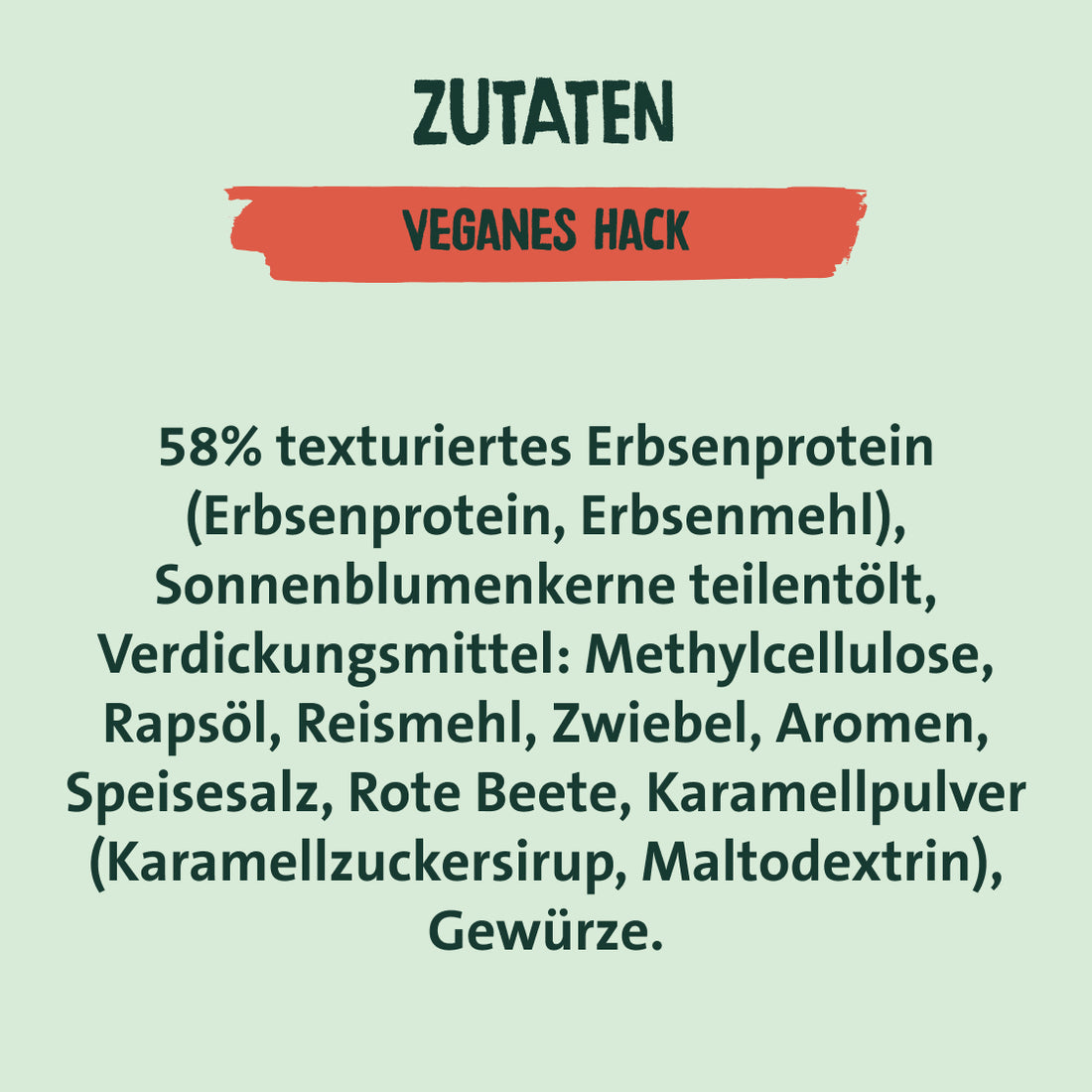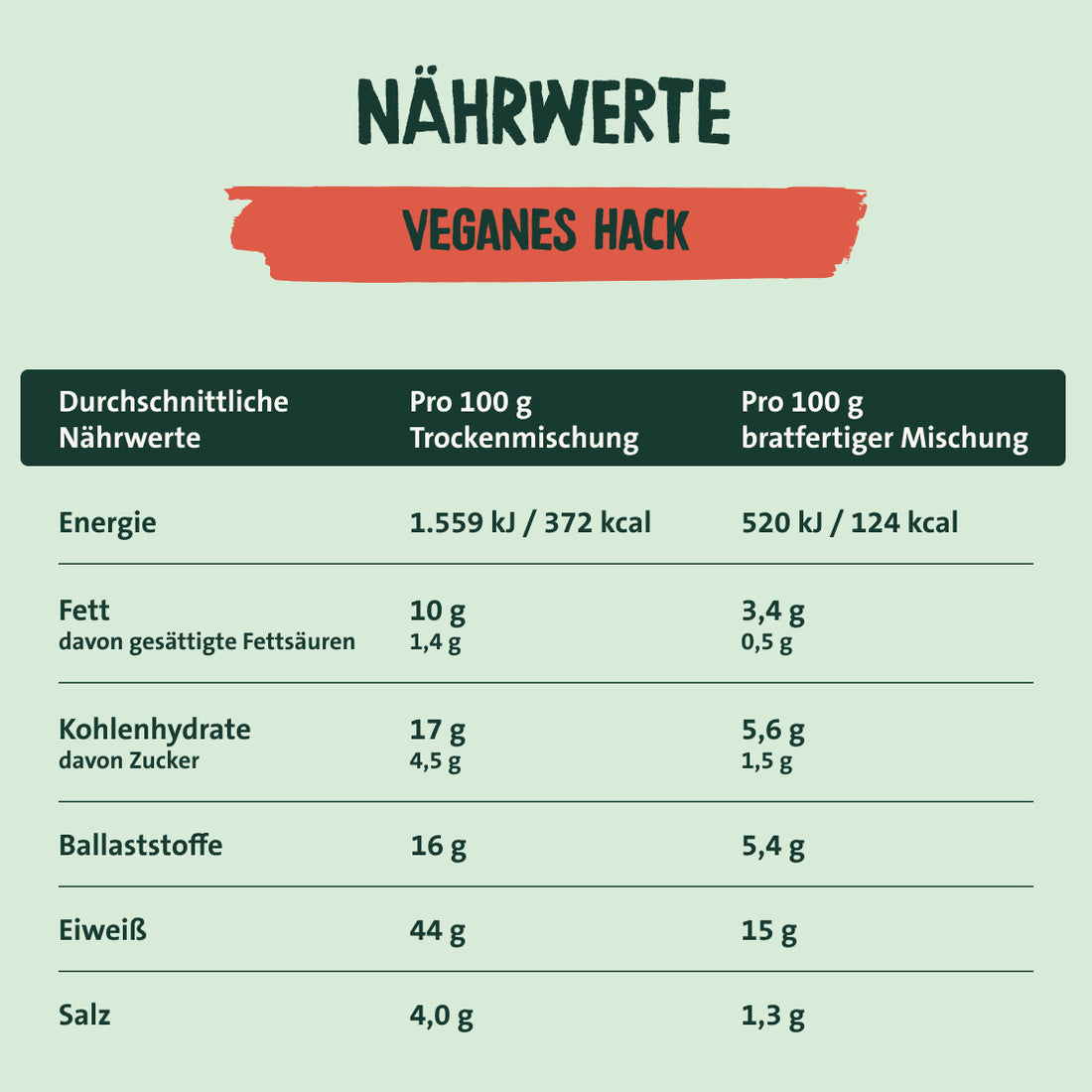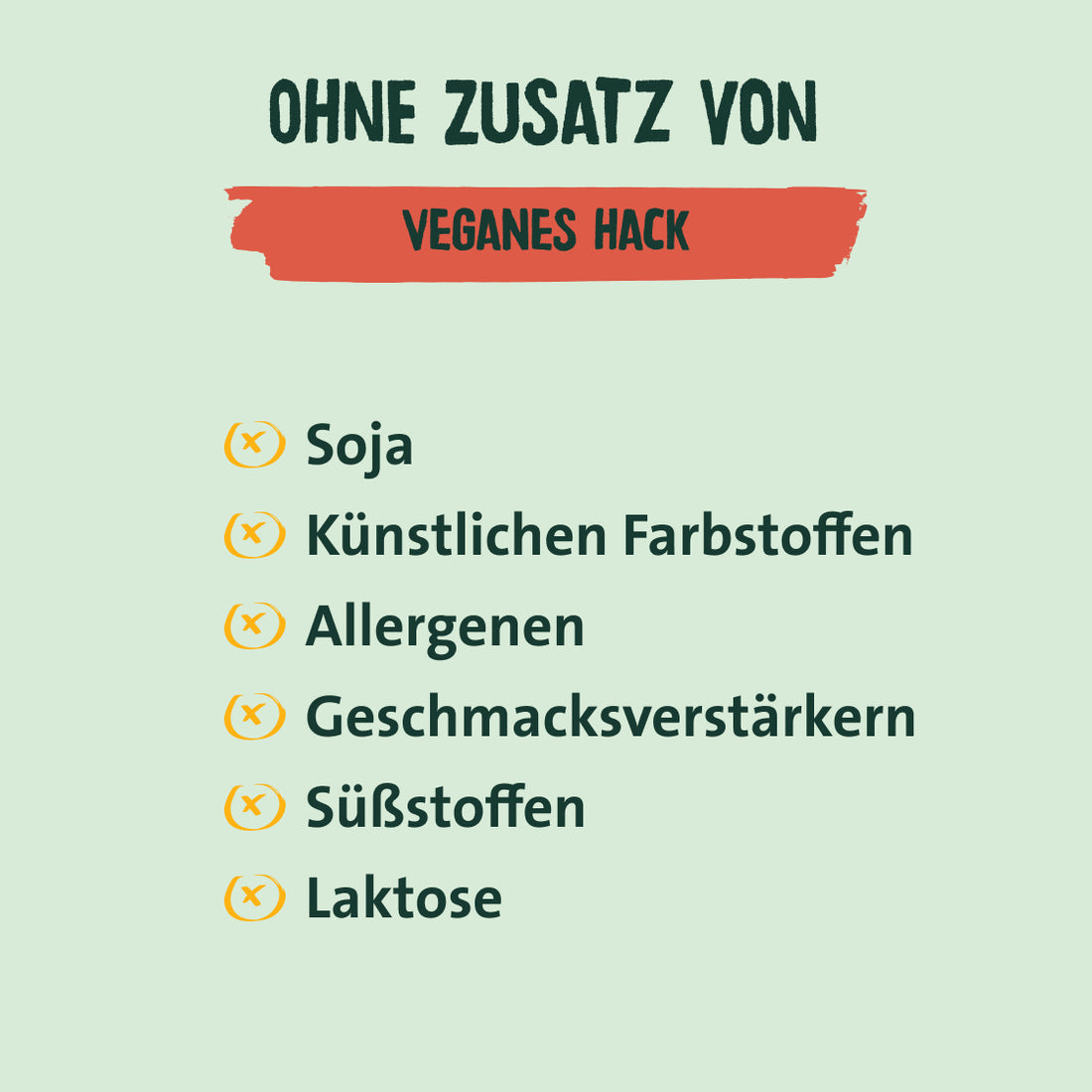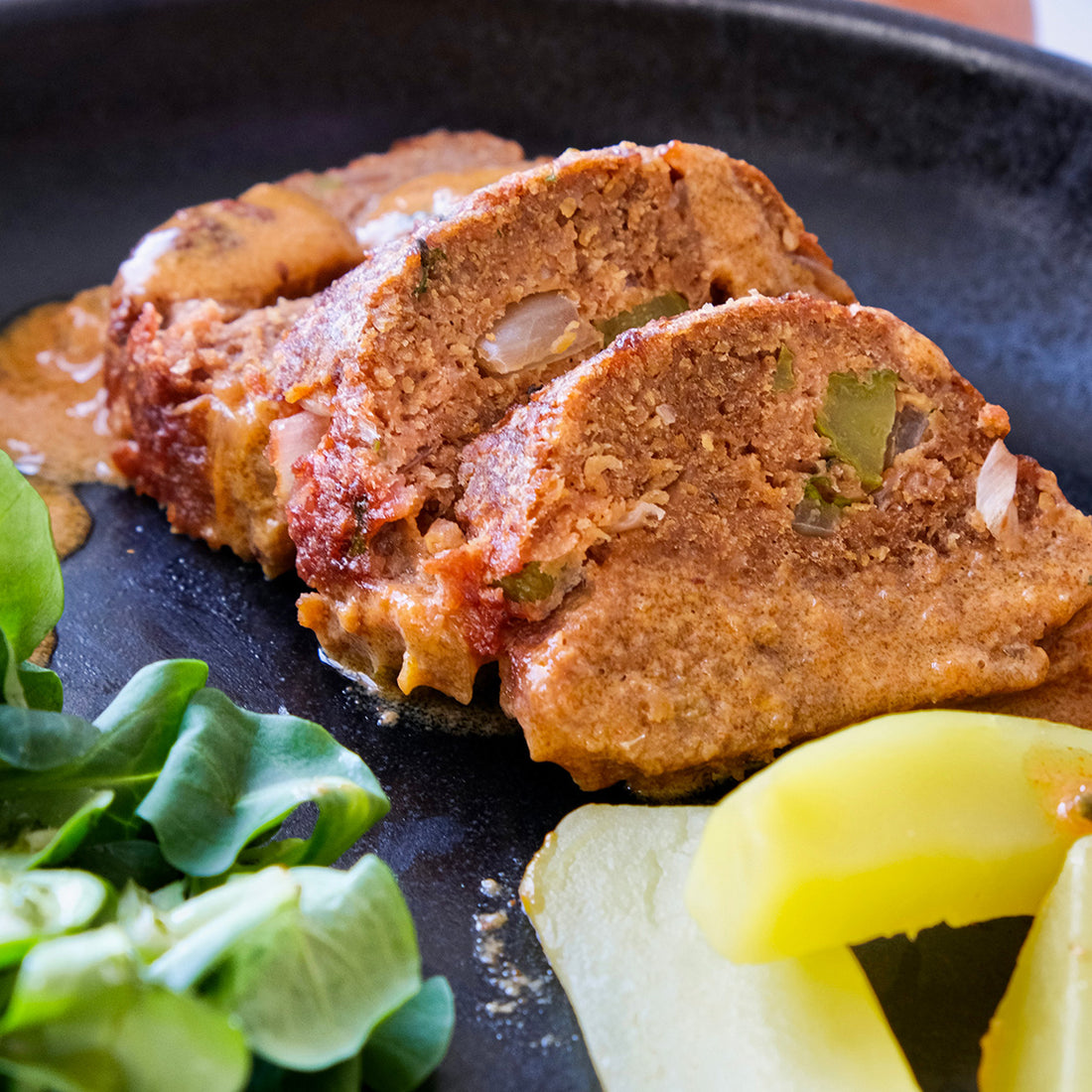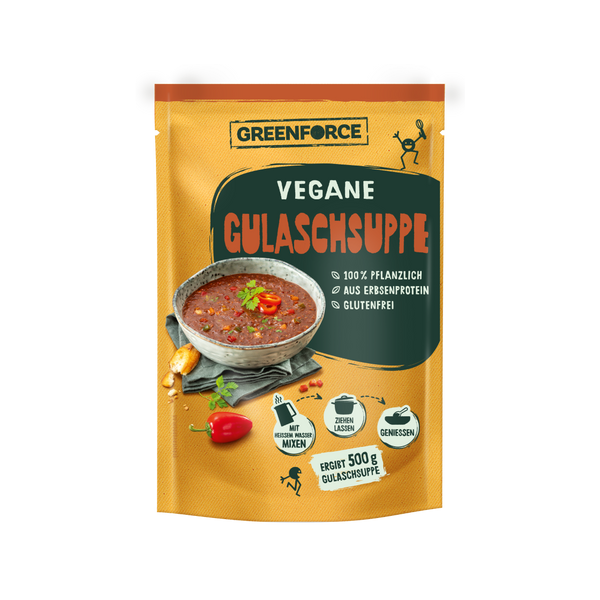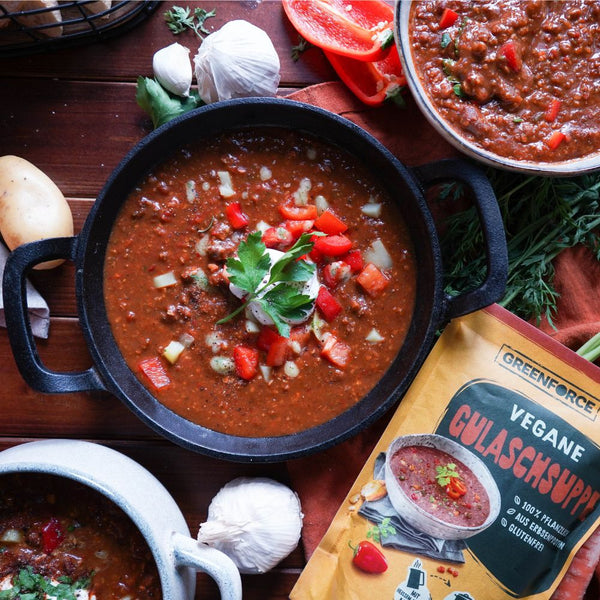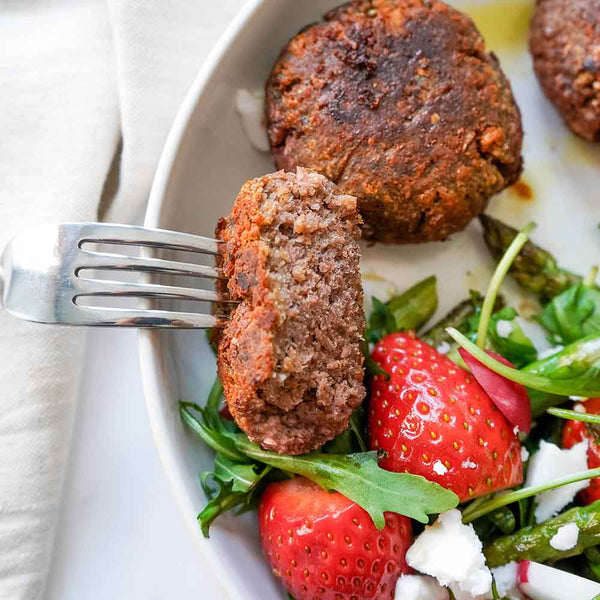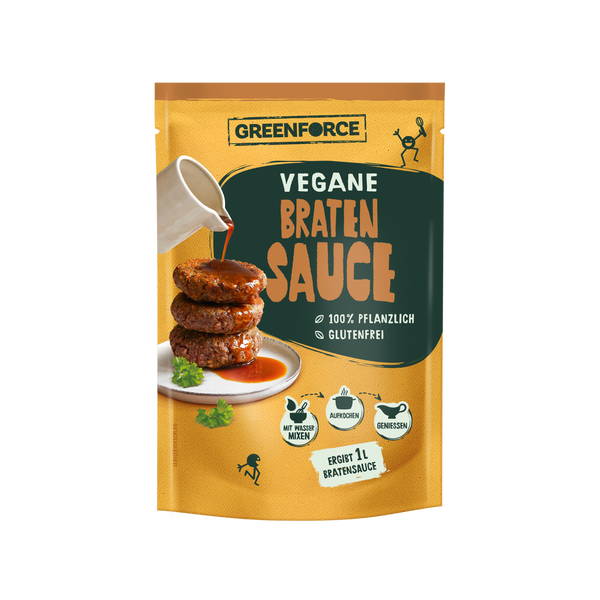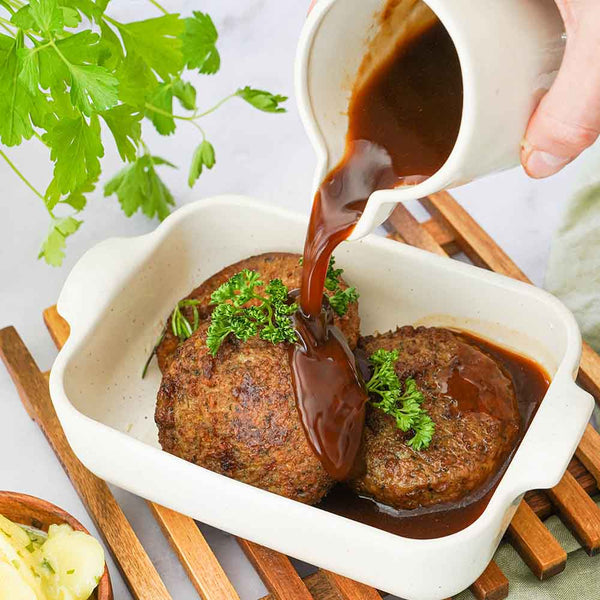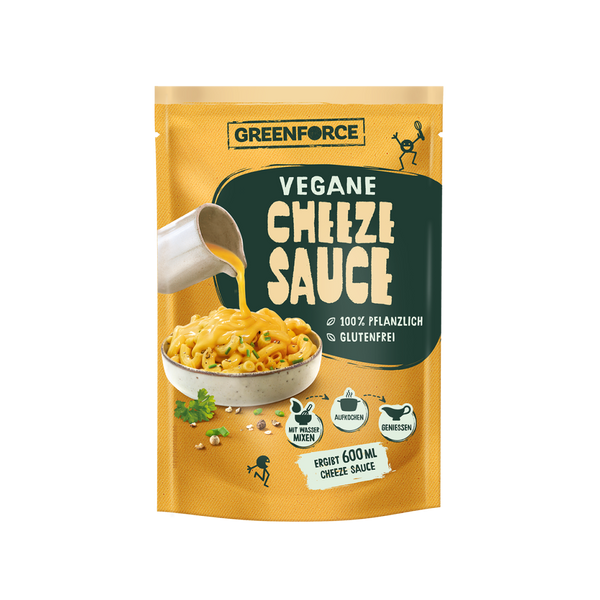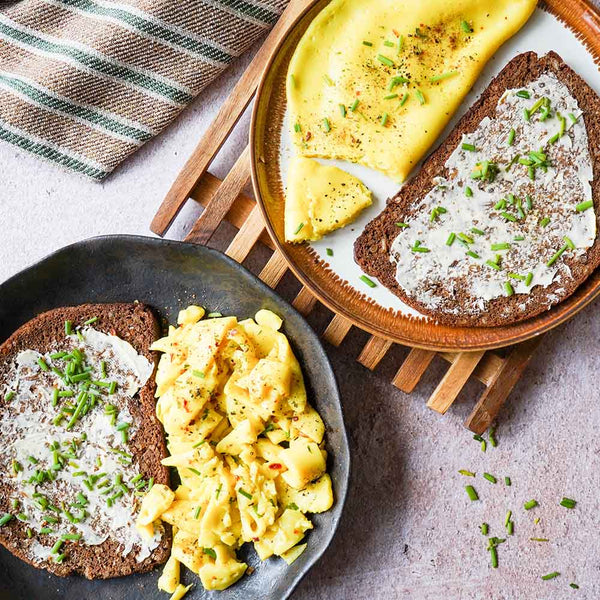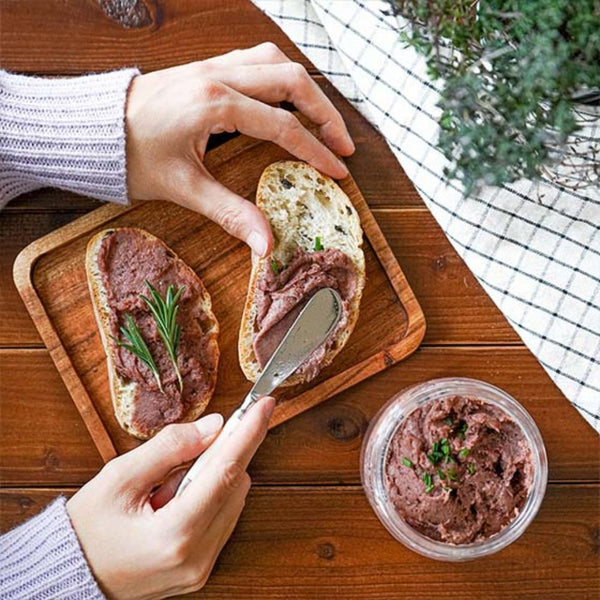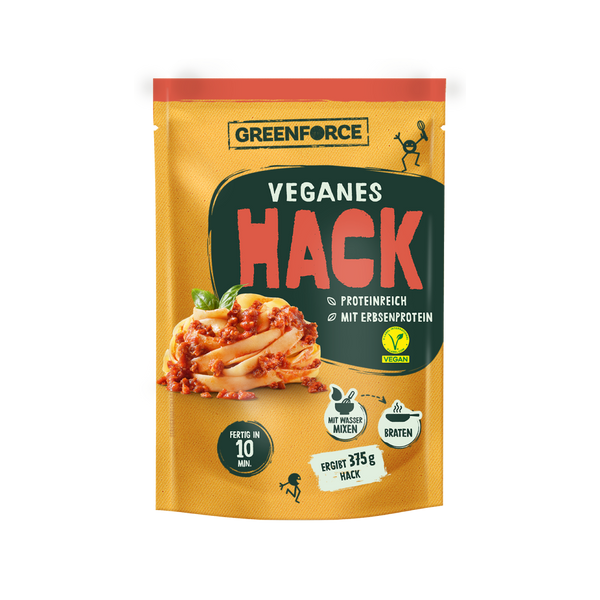Bloating is an unpleasant problem that affects many people. Gases accumulate in the gastrointestinal tract and lead to unpleasant feelings or even pain in the stomach. Flatulence is also one of the common symptoms of stuck flatulence. They can be caused by various factors, such as diet and lifestyle. Food intolerance can also be to blame for digestive problems.
Those affected often avoid situations in which they meet other people. You are afraid of attracting unpleasant attention. This leads to restrictions in everyday life and affects personal well-being. In the long run, this can become a major psychological burden. Especially if the restriction leads to you avoiding meeting friends.
To help you in this situation, in this article you will find out what flatulence actually is and how it occurs . We then explain how they can express themselves. This allows you to differentiate your flatulence from possible other illnesses.
We will then take a closer look at the possible causes and give you valuable tips that can improve your personal well-being. Because flatulence usually goes away on its own . To prevent them from recurring, you can use various methods to prevent them. This includes a healthy diet , enough exercise and enough time while eating.
What is flatulence?
Although almost everyone has had it at some point, flatulence is often a taboo topic . Nobody wants to talk about the unpleasant rumbling in their stomach or escaping gases. Nevertheless, it is important that you take your stuck flatulence seriously and know what you can do about it. Before we get into it, we would first like to explain how they come about.
Bloating occurs when gases build up in the gastrointestinal tract . These gases consist primarily of nitrogen, oxygen, carbon dioxide and hydrogen. They are formed during the digestive process.
The following steps take place in the body:
-
Gas formation : Most gases that cause bloating are produced in the gastrointestinal tract. This happens for various reasons, such as swallowing air while eating or drinking. They are also formed during the natural fermentation of food by the bacteria living in the intestine.
- Gas accumulation : The gases formed gradually accumulate in the gastrointestinal tract. This can affect different areas of the digestive system, such as the stomach or the small intestine.
- Stretching : The accumulation of gases causes the intestinal wall to stretch. This creates pressure, which is then perceived as flatulence.
- Gas Release : The body attempts to get rid of excess gases by releasing them through the anus. This usually takes the form of flatulence. This can lead to embarrassing situations.
Infants also often suffer from flatulence if they swallow too much air while drinking. This especially happens when you drink too quickly. This example makes it clear that digestive problems are a natural process that can affect anyone.
So try not to let unpleasant situations limit you too much. If someone notices your flatulence , apologize briefly and then laugh the situation away. Most people will understand your suffering and also take it with humor.
How does flatulence manifest itself?
Bloating is sometimes easy to identify , but other causes of the symptoms are sometimes initially suspected. For example, some people have stomach pain after milk but are not lactose intolerant . Finding the cause of the physical symptoms in this case is not exactly easy. Since painful flatulence is also often caused by abdominal pain , some other possible triggers are usually also possible. It is then important to observe the symptoms.
Are there any other typical symptoms of flatulence ? Or is it perhaps a sudden food intolerance ?
The better you can describe your physical problems, the better a doctor can make a reliable diagnosis.
If flatulence hurts, it can manifest itself in the following ways in addition to abdominal pain:
- Feeling of fullness : Do you quickly feel full even after small meals? Or do you notice a reduced appetite? Then these could be signs of flatulence. The greater your stomach pain, the stronger this feeling is probably.
- Belching : Those affected may have to burp frequently. This applies not just to the time you eat, but throughout the day. Many people quickly become uncomfortable with such situations.
- Abdominal rumbling : The audible rumbling or gurgling in the stomach is also a common symptom of flatulence pain. The noises are caused by the gases in the digestive tract.
-
Bowel movements : Bowel movements can also be affected. Some people develop constipation, which can lead to hard and dry discharge. Others may experience looser stools or even diarrhea due to the changes in the digestive tract.
It is possible that you feel just one or more of these physical reactions. In addition, the severity of the symptoms varies greatly from person to person. If the symptoms are too severe or persist for several days , you should contact a doctor. The same applies if you are unsure where the symptoms come from.
What are the causes?
There can be various causes behind the complaints. For example, air in the intestines can cause stabbing pain . This happens when you don't take your time eating, as you then easily swallow a lot of air. But the wrong diet or stress can also quickly lead to digestive problems . An example of this is regular consumption of very fatty foods. Some people also suffer from gastrointestinal disorders after drinking carbonated drinks.
It is also possible that the unpleasant stomach feeling is the side effect of a medication. You should discuss this with a doctor, as he or she may be able to prescribe a different active ingredient.
However, food intolerance is often behind the symptoms. Some people get bloated from protein and should therefore pay close attention to their diet.
However, there are a number of other possible food intolerances that could be considered:
- Lactose intolerance : This is one of the most common food intolerances. Those affected cannot digest lactose properly because they lack a certain enzyme. When undigested lactose reaches the large intestine, gases such as methane and carbon dioxide are produced. Abdominal pain and flatulence are symptoms that can then occur.
-
Gluten intolerance : In gluten intolerance, also known as celiac disease, eating gluten causes digestive problems. Gluten is a protein found in grains such as wheat, barley and rye. There are now many gluten-free products in the supermarket as an alternative.
- Fructose intolerance : This intolerance refers to the difficulty in digesting fructose. Fructose is found in many fruits as well as some vegetables and sweeteners. If you have fructose intolerance, the absorption of fructose in the small intestine may be impaired.
In addition, an allergy to preservatives can lead to unpleasant physical reactions. If the flatulence is accompanied by symptoms such as shortness of breath or fainting, a doctor should be contacted immediately. If you are struggling with digestive problems due to an intolerance, changing your diet will help you get them under control.
 Germany
Germany
 Austria
Austria
 Switzerland
Switzerland
 Netherlands
Netherlands
 Belgium
Belgium
 Luxemborg
Luxemborg










